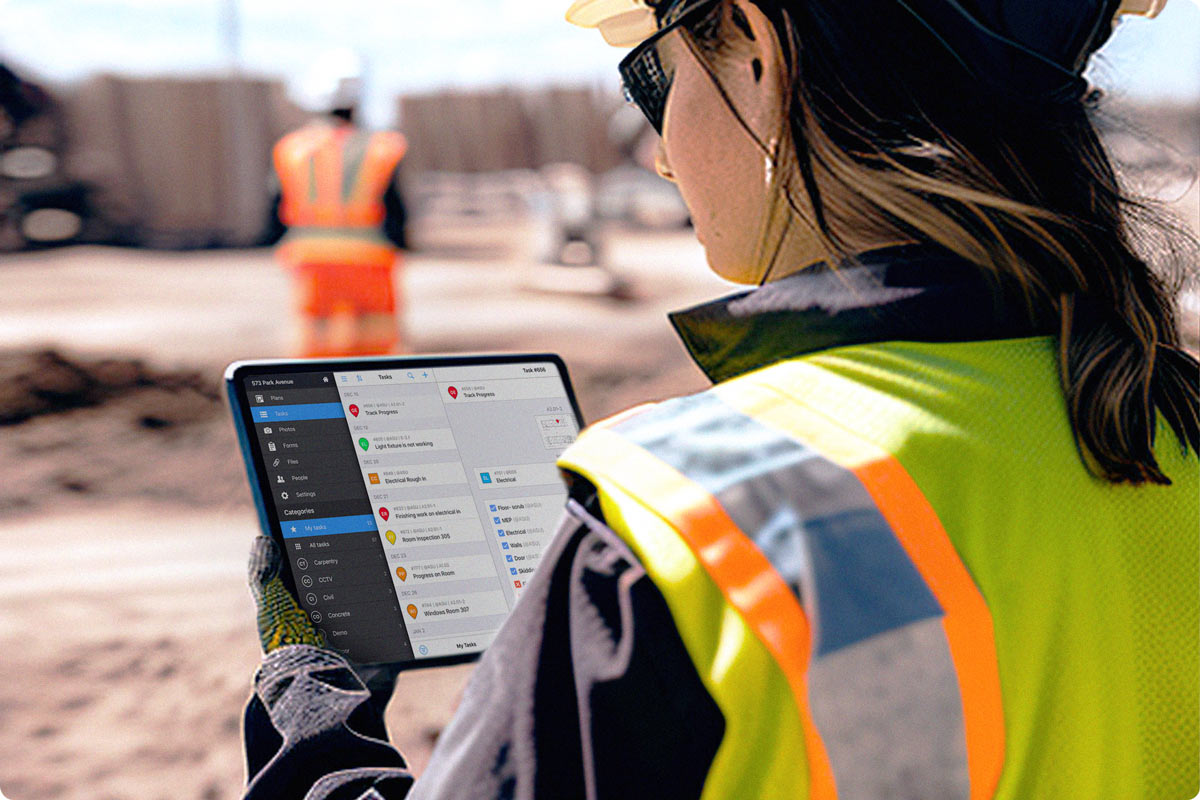Building Better with Construction Management Software
Inside the field of modern day construction, technologies have come to be vital, with construction software top rated the charge in boosting effectiveness, precision, and cooperation. Here’s all you have to understand about construction software:
Kinds of Construction Software:
construction software includes numerous tools tailored to various steps of the construction method. Such as:
Project Management Software: Facilitates project organizing, arranging, source allocation, and communication among stakeholders.
Constructing Info Modeling (BIM) Software: Enables 3D modeling, visualization, and details management through the building lifecycle.
Estimating and Takeoff Software: Assists in accurate price estimation, number takeoff, and bidding processes.
Construction Bookkeeping Software: Handles financial elements like invoicing, budgeting, payroll, and confirming.
Discipline Support Management Software: Streamlines field operations, which include workforce management, gear monitoring, and task progress tracking.
Great things about Construction Software:
Enhanced Efficiency: Automation of duties, streamlined interaction, and centralized info storage space minimize manual attempts and accelerate project timeframes.
Better Accuracy: Digital instruments minimize problems in calculations, specifications, and records, guaranteeing project requirements are met.
Cost Savings: Efficient source of information allocation, designed workflows, and much better threat management bring about price decrease and improved profitability.
Greater Alliance: Cloud-based systems assist in true-time partnership among project groups, subcontractors, and clientele, cultivating openness and positioning.
Danger Mitigation: Sturdy confirming features and information assessment help determine possible threats earlier, allowing for proactive procedures to lessen disruptions.
Things to consider In Choosing Construction Software:
Scalability: Select software that may support your current project requirements and range with your company progress.
Integration: Ensure compatibility with pre-existing solutions and compatibility with market specifications for effortless details change.
User-Friendliness: User-friendly interfaces and thorough education sources encourage user adoption and increase the software’s potential.
Help and Up-dates: Examine supplier help services, which includes training, troubleshooting, and software updates, to guarantee on-going trustworthiness.
Stability: Put in priority information security measures such as encryption, access handles, and typical backups to safeguard sensitive project info.
To conclude, adopting construction software is vital for modern construction businesses planning to remain competitive inside a rapidly evolving industry. By benefiting the right equipment effectively, construction professionals can enhance processes, boost partnership, and achieve higher project success.


